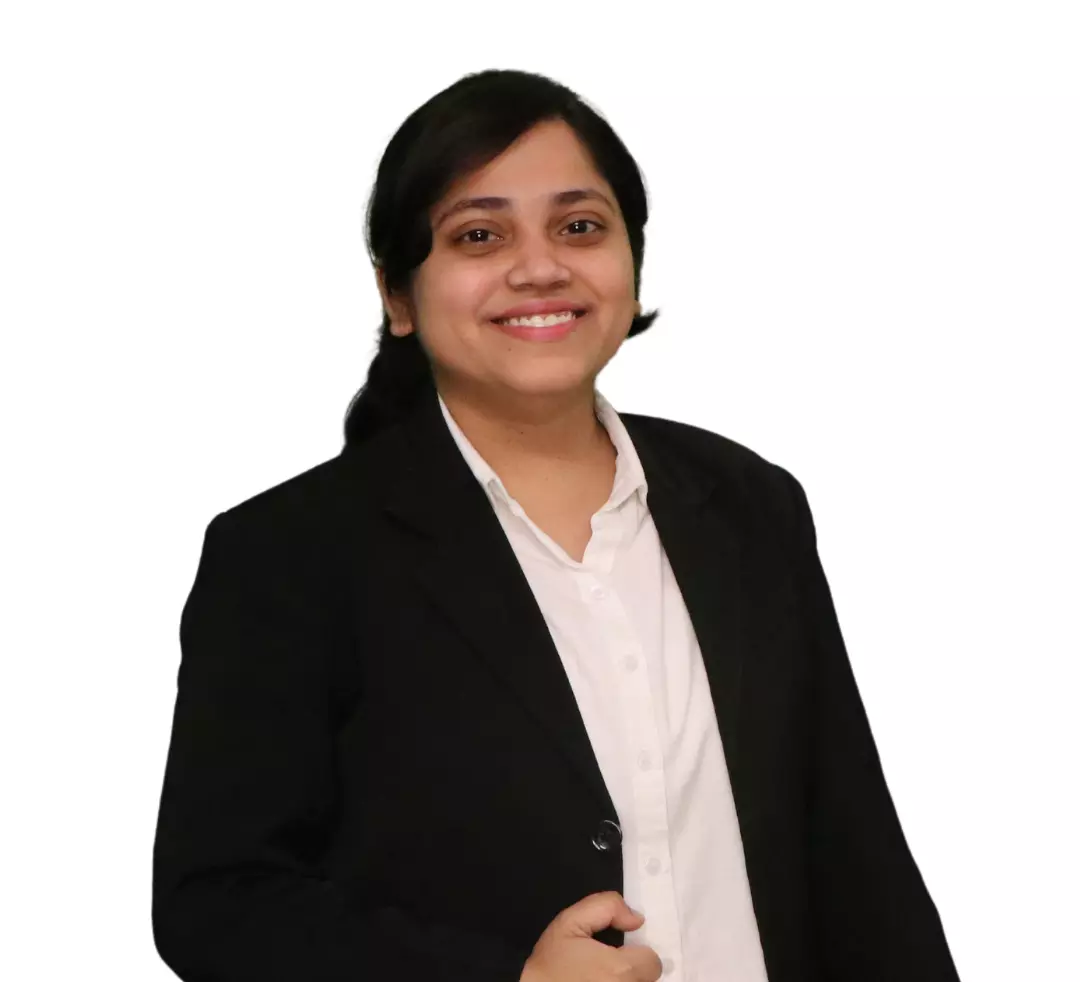Case Summary: Saroj & Ors. v. IFFCO-Tokio General Insurance Co. & Ors. (2024) | Aadhaar Card Inadequate for Official Age Authentication
This case clarifies that the School Leaving Certificate holds greater evidentiary value than the Aadhar Card in age determination cases.

This judgment sets a precedent for prioritizing legally recognized documents like the School Leaving Certificate over the Aadhar Card in age verification disputes within motor accident claims. It also underscores the responsibility of appellate courts to ensure just outcomes in compensation-related disputes.Case Title: Saroj & Ors. v. IFFCO-Tokio General Insurance Co. & Ors.Court: Supreme Court of IndiaCitation: SLP(C) Nos. 23939-23940 of 2023Judges: Justice Sanjay Karol...
This judgment sets a precedent for prioritizing legally recognized documents like the School Leaving Certificate over the Aadhar Card in age verification disputes within motor accident claims. It also underscores the responsibility of appellate courts to ensure just outcomes in compensation-related disputes.
Case Title: Saroj & Ors. v. IFFCO-Tokio General Insurance Co. & Ors.
Court: Supreme Court of India
Citation: SLP(C) Nos. 23939-23940 of 2023
Judges: Justice Sanjay Karol and Justice Ujjal Bhuyan
Date of Judgment: 24th October, 2024
Facts of the Case:
- The deceased, Silak Ram, was travelling on a motorcycle on 4th August 2015, along with one Rohit. Both were found injured on the side of the road. Silak Ram succumbed to his injuries, and Rohit was taken for treatment.
- The police registered FIR No. 481/2015 under Sections 279, 337, and 304A at Police Station Sampla. The injured person, Rohit, identified the particulars of the offending vehicle during the investigation.
- The deceased’s family filed a claim petition (No. 25 of 2015) before the Motor Accident Claims Tribunal (MACT), Rohtak, seeking compensation. The MACT awarded Rs. 19,35,400/- with an interest of 7.5% per annum from the date of filing the claim.
- On appeal, the High Court reduced the compensation to Rs. 9,22,336/-, adjusting the multiplier based on the deceased’s age as recorded in his Aadhar card and using minimum wage rates issued by the state instead of district-specific rates.
Issues
- Conflict in Age Determination:
Inconsistency between the School Leaving Certificate and the Aadhar Card regarding the deceased's date of birth, affects the applicable multiplier for compensation.
- Reduction of Compensation by the High Court:
High Court used the minimum wage rate instead of the special DC rates for calculating the deceased's notional income, resulting in reduced compensation.
- Validity of Aadhar Card as Proof of Age:
Determination of whether the Aadhar Card should be accepted as proof of age over the School Leaving Certificate.
- Appropriate Interest Rate:
The High Court reduced the interest rate from 7.5% (awarded by MACT) to 6%, which the appellants contested.
Arguments:
Appellants:
- Argued that the School Leaving Certificate, which records the deceased’s date of birth as 7th October 1970, should be considered instead of the Aadhar Card, which records it as 1st January 1969.
- Claimed that the MACT’s calculation of the monthly income at Rs. 9,000/- was appropriate and the High Court erred in reducing it.
Respondents (Insurance Company):
- Supported the High Court’s decision to use minimum wage rates and the age from the Aadhar Card to determine the compensation.
Judgment:
The Supreme Court allowed the appeal, finding the High Court's reduction of compensation to be unjustified. The Court reinstated and revised some aspects of the compensation awarded by the MACT.
On the Age Determination:
The Court held that the School Leaving Certificate should be given primacy over the Aadhar Card in determining the deceased’s age. It referred to statutory provisions under the Juvenile Justice (Care and Protection of Children) Act, 2015 (JJ Act), which prioritize school records for age determination.
The Court cited multiple precedents where High Courts did not accept Aadhar Cards as conclusive proof of age, especially in the absence of other corroborative documents like a birth certificate.
On the Calculation of Notional Income:
The Court found that the High Court's reliance on minimum wage rates was misplaced. It held that the District Commissioner’s special rates should apply as there was no evidence suggesting these rates would not apply to the deceased.
On the Reduction of Interest Rate:
The Supreme Court found no justification for reducing the interest rate from 7.5% to 6%. It increased the rate to 8% to ensure fair and just compensation.
The Supreme Court directed the compensation to be recalculated based on the following factors:
Monthly income: Rs. 9,000/-
Multiplier: 14 (applicable for the deceased’s age of 45 years based on the School Leaving Certificate)
Future prospects: 25% of the notional income
Personal expenses: 1/3 deduction
The Supreme Court recalculated the compensation considering future prospects and other statutory heads like loss of estate, funeral expenses, and consortium. It set the total compensation at Rs. 15,00,000/- with 8% interest from the date of filing the claim.
The appeals were allowed, restoring the rightful compensation amount and instructing the release of the amount per MACT's directions.
Key Takeaways:
- The School Leaving Certificate is given statutory precedence in age-determination cases, especially when there is a conflict with the Aadhar Card.
- Appellate courts must exercise caution while revising awards passed by lower courts, ensuring their decisions are neither arbitrary nor unjustified.
- The Supreme Court reaffirmed the importance of fair and reasonable compensation to ensure justice for victims and their families.
Click Here to Read the Official Judgment

Apurva Neel
I am a Research Associate and Editor at Legal Bites with an LL.M. specialization in Corporate and Commercial Laws from Amity University, Mumbai. I have put my best efforts into presenting socio-legal aspects of society through various seminars, conferences etc. I keep refining content as I am an ardent writer, and palpably law has got multi-dimensional aspect, so I passionately try to explore ahead.
